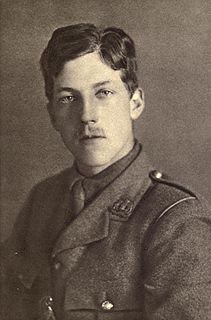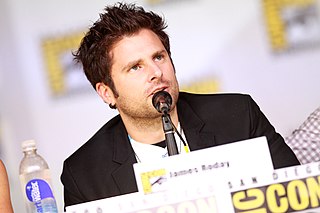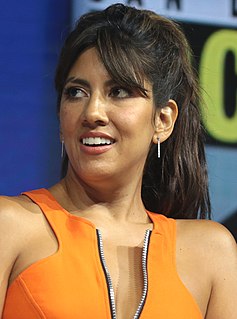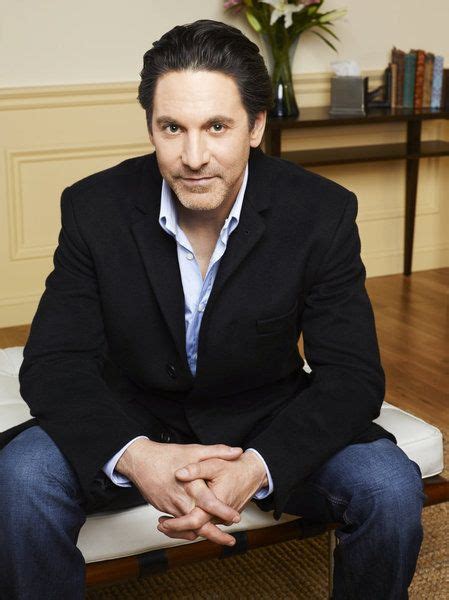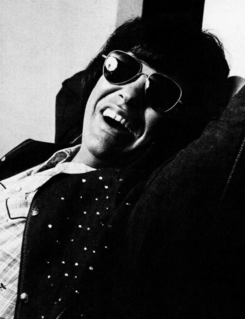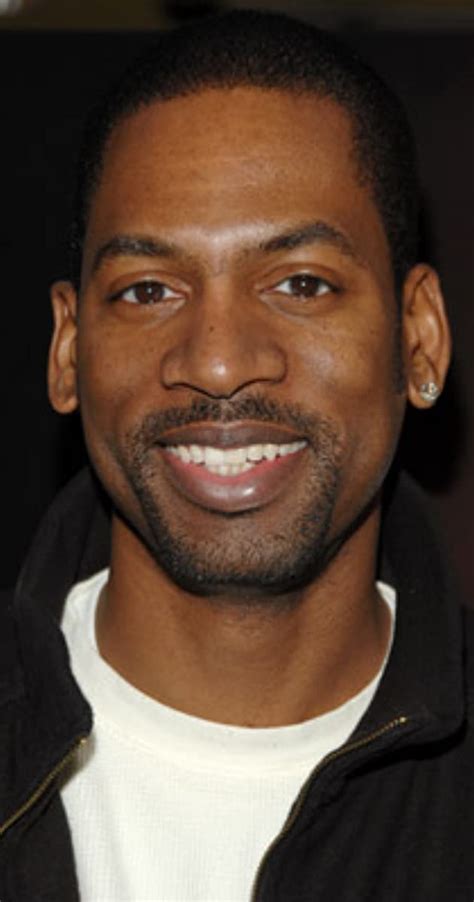A Quote by Lawrence Wright
It's the hardening of these narratives that makes peace so difficult. If each side can see the narrative, the claims that the other has, then there is a much more likely possibility of making a resolution. But what I see is the opposite. There is a total disclaiming of the validity of the other side, and talk that I find really unsettling, the kind of chatter you get from ultra-right Israelis and Hamas is of annihilation. In that kind of dialogue, there's no way to move toward peace.
Related Quotes
Each side has legitimate aspirations - and that's part of what makes peace so hard. And the deadlock will only be broken when each side learns to stand in the other's shoes; each side can see the world through the other's eyes. That's what we should be encouraging. That's what we should be promoting.
We are the shadow of Sirius. There is the other side of - as we talk to each other, we see the light, and we see these faces, but we know that behind that, there's the other side, which we never know. And that - it's the dark, the unknown side that guides us, and that is part of our lives all the time. It's the mystery.
I like making images that from a distance seem kind of seductive, colorful, luscious and engaging, and then you realize what you're looking at is something totally opposite. It seems boring to me to pursue the typical idea of beauty, because that is the easiest and the most obvious way to see the world. It's more challenging to look at the other side.
It's like everybody's sitting there and they have some kind of veil over their face, and they look at each other through this veil that makes them see each other through some stereotypical kind of viewpoint. If we're ever gonna collectively begin to grapple with the problems that we have collectively, we're gonna have to move back the veil and deal with each other on a more human level.
Your life and my life flow into each other as wave flows into wave, and unless there is peace and joy and freedom for you, there can be no real peace or joy or freedom for me. To see reality-not as we expect it to be but as it is-is to see that unless we live for each other and in and through each other, we do not really live very satisfactorily; that there can really be life only where there really is, in just this sense, love.
People talk of peace, "We should have peace" - how can you have peace? It's not possible, is an impossible situation. You see we think by thinking, by organizing, by manipulating, we'll have peace. You cannot. You cannot have peace that way. How will you have peace? When the peace is established on your attention. When your attention is peaceful, when we are absolutely without any thoughts, then the peace resides.
For anyone in our industry, one of the toughest things about having a relationship is how much time you get to see each other. The fact that we see each other every day, no matter what, has really worked out nicely for us. She's such a great girl. She makes what I do so much easier and so much more enjoyable.
To me, writing is a very physical process. I lay out the entire book with the two narratives side by side on my bedroom floor, and just get down on my hands and knees and start looking at it in that physical space. "Does this really follow from this? Should this be here or elsewhere?" I will literally cut the paper into paragraphs. I'll cut it into segments and move the segments around from one narrative to the other until I feel that I've found the natural structure.
When you label somebody and put them in a box, then you put the lid on the box, and you just never look inside again. I think it's much more interesting for human beings to look at each other's stories and see each other. Really see each other and then see themselves through other people's stories. That's where you start to break down stereotypes.
New York is just New York. It's a hard city, it's a hard city to live in. It's a desperate city. It's filled with scam artists and people who are always looking for a way in and a way out and the majority of people have to really negotiate their way through that jungle to get to the other side; the other side being a place of tranquility and peace and home and safety.
G.K. Chesterton, who was part of a Catholic conservatism that was kind and loving, not reactionary or hateful, said "We're all in the same boat in a stormy sea and we owe each other a terrible loyalty." I think that's profoundly true, yet it's difficult to have civil dialogue right now with other Christians, so how can we possibly talk to "all the nations"?
My older brothers have their own children, and they have to go to soccer practice and football practice on the weekends. They're doing their thing and on the weekends, and I'm on the road. The busier we get, the less time we get to see each other. That's why, when we see each other, it's really, really kind of special.
There are guys who have no business being in school, but they're here because this is the path to the NFL. There's no other way. Then there's the other side that says raise the SAT eligibility requirements. OK, raise the SAT requirement at Alabama and see what kind of team they have. You lose athletes, and then the product on the field suffers.




